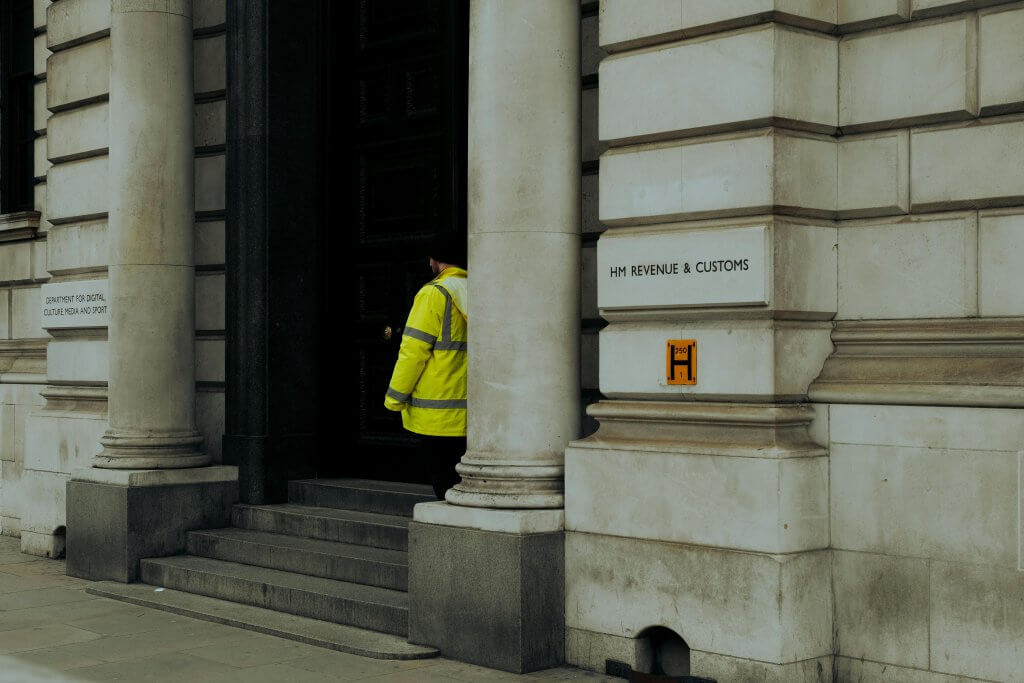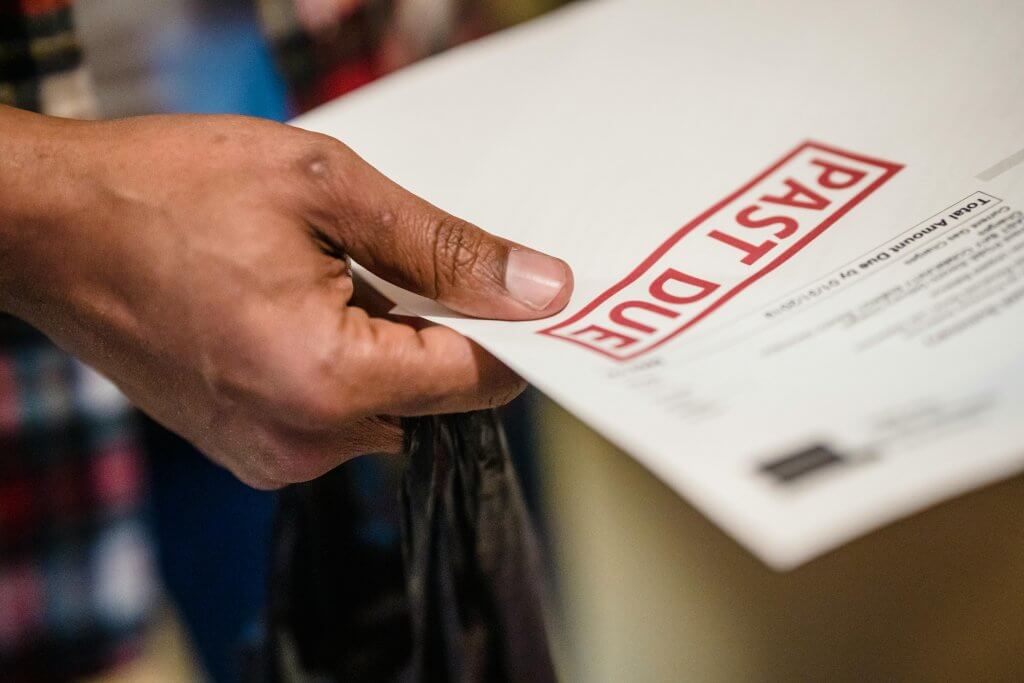If you’re worried about your company’s financial health, you’re not alone—and taking action now is a positive first step. The cash-flow and balance-sheet tests are straightforward ways to assess whether your business might be insolvent.
You may have already noticed tell-tale signs of financial distress in your business, including consistently missing payments to suppliers, falling behind on tax bills, or relying on short-term loans to cover day-to-day costs. But if in doubt, you should apply the cash flow test and the balance-sheet test. Whatever the outcome, support is available and solutions do exist.
The cash-flow test
Can your company pay its bills on time, as they fall due?
This is the most immediate way to assess insolvency. It looks at your business’ ability to meet its financial obligations as they fall due. That means not just this week or next but over a reasonable period in the short to medium term.
Some red flags include:
- Regularly missing supplier payments
- Falling behind on PAYE, VAT or Corporation Tax
- Defaulting on loan repayments
- Needing to delay wages or rely on emergency funding to cover basic outgoings
If your business can’t reliably meet these commitments, even if it’s profitable on paper, it may be classed as cash-flow insolvent. It’s a signal that your working capital—your day-to-day cash—is under strain.
The balance-sheet test
Does your company owe more than it owns?
This test takes a broader view of your company’s financial health. It compares the total value of your assets (what the business owns or is owed) to your liabilities (what it owes to others).
Assets include:
- Cash in the bank
- Stock and inventory
- Equipment, vehicles, and property
- Money owed to the business
Liabilities include:
- Unpaid invoices and supplier bills
- Bank loans and overdrafts
- Tax liabilities (including future ones)
- Lease commitments and other contractual obligations
If your liabilities outweigh your assets—especially after factoring in less obvious or future debts—your company could be balance-sheet insolvent.
Why these tests matter
Failing either of these tests is a strong indication that your business might be insolvent under UK law. Directors have legal responsibilities if that’s the case—including acting in the best interests of creditors and avoiding actions that worsen the position.
But knowing where you stand can also be empowering. Early action opens the door to more options—whether that’s restructuring, negotiating with creditors, or entering a formal insolvency process like a CVA or voluntary liquidation.
If you’re unsure about your position or what to do next, professional advice is crucial. And the earlier you get it, the more choice and control you’ll have.




